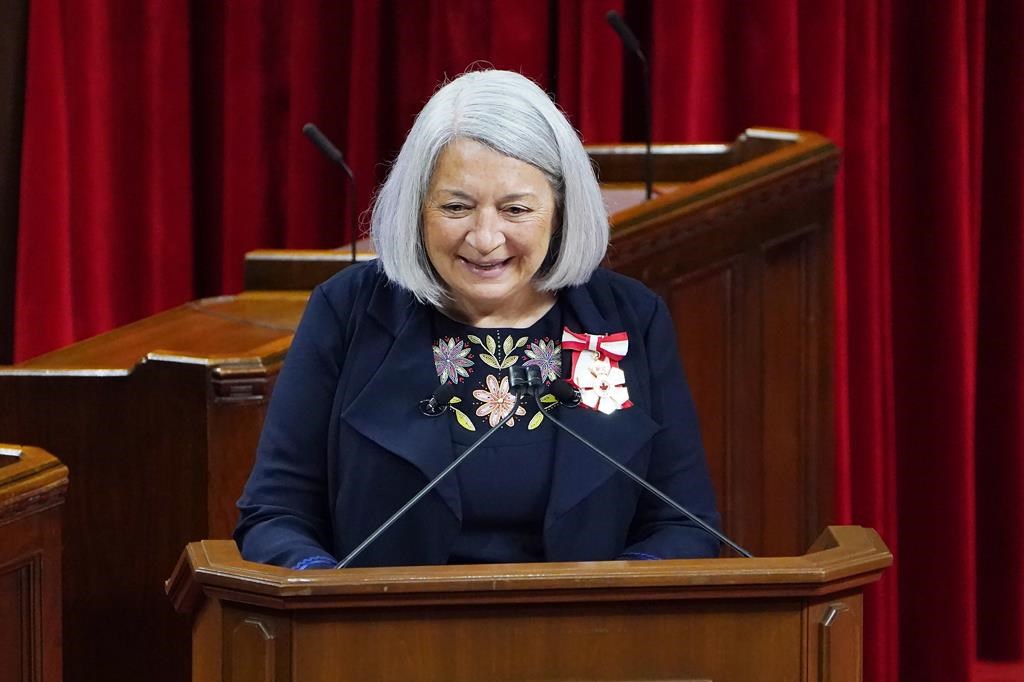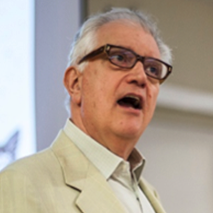The latest federal Throne Speech opening the 44th Parliament has attracted the usual wave of criticism. Some comments are thoughtful while other complaints should be dismissed out of hand.
Those who point out the lack of emphasis on inflation, labour shortages or concerns about future deficits in the Throne Speech have raised valid points worthy of a constructive debate.
Other complaints about the vagueness of the Trudeau’s government statements are less well-founded, given the history of Throne Speeches in most parliamentary democracies. They have rarely been specific.
Mr. Singh’s constant refrain that the Liberals repeatedly promise programs and do nothing would be more compelling if he did not routinely ignore major achievements such as a national carbon levy or a substantial child care program.
The strangest epithet hurled against the latest Throne Speech that I read was “like his father, Prime Minister Trudeau is determined to establish a legacy – and hang the consequences.” Some consequence – patriation of the constitution and the charter of rights and freedoms.
This criticism aligns with Erin O’Toole blasting Mr Trudeau’s ‘ideological’ approach to policy making. Funny how those words could well apply to the vagaries of Conservative policy-making.
But there remains a distinctly anti-democratic tinge to some of the criticism.
Imagine a government actually wanting to focus and implement the platform on which it just ran in the recently concluded election. Is that not the purpose of an election, to give the public choices to make?
One media commentator, writing in a national newspaper, started his column by implicitly questioning the Liberal government’s mandate to press ahead with reconciliation with Indigenous peoples, combatting climate change, new housing supports and the national child-care program.
He notes “ in the last federal election, the Liberal Party received the support of less than one-third of the voters. No federal political party has formed government with a weaker public mandate”.
The column continues that ‘the Liberals appears determined to push forward with a weak electoral mandate and despite warnings from the central bank that interests rates are about to climb’.
The commentator then suggests that the failure of the Liberals to win the popular vote in five of the last 7 elections speaks in part to ‘declining legitimacy’ of political institutions in the country.’
There are numerous caveats that should be applied to these types of analysis.
The first is recognition that the NDP, the Greens and the Bloc Quebecois campaigned in favour of a host of policies which mirrored a number of these Liberal agenda items. Adding together their collective vote, almost two thirds of Canadians supported focus in these areas.
Depending whether you count the Conservative flip flops on climate change and their support for a tax-based child-care program, it would be reasonable to argue that an even greater number of the electorate support at least some of these policy thrusts.
The second is the reality of a minority government. Unless the Liberals secure the support of at least one other party (other than the Greens) for each piece of specific legislation, the initiatives will fail to pass.
With the emergence of more flexible voters, prepared to switch their votes among parties, politicians have to work harder than ever to adapt to the changing public mood rather than count on entrenched supporters.
What could be more democratic.
Cutbacks to the CERB and other Covid relief programs will be enacted because of announced support from the BQ and perhaps the Conservatives. The NDP has signalled its support for the continuation of a hybrid Parliament, thereby ensuring its passage.
What troubles me the most is the recurring suggestion that minority governments and adapting governance processes to meet Covid somehow delegitimize a government.
For centuries, whoever gets the most seats in a ‘first past the post’ Westminister system has been given the right to try to form the government. Casting aspersions about legitimacy of a duly elected government trying to advance its agenda is a far greater threat to our democratic institutions than innovative efforts of governing.
As to those critics who believe that an opposition and the media can only hold a government to account through ‘in person’ sittings of Parliament, I say welcome to the 21st century. We are working on changes to the way Canadians vote [electronic], interact with parliamentarians and the public service [virtually, electronically rather than pure paper bound and in-person processes]. We continue to explore in some jurisdictions changes to the ‘first past the post’ system to include ranked ballot or proportional representation.
Canadians so inclined can immediately access from start to finish the details of every question and important debate as well as committee sessions on widely available public channels.
As to complaints that hybrid or virtual sessions diminish the value of Question Period, its value will be established only by the quality of the questions and the analysis they are based upon.
Sadly, since the advent of broadcast sessions, all sides including the Opposition play primarily to their own constituencies. That includes the use of visual aids and theatrical pranks
To truly hold government accountable, the challenge keeps coming back to the need for better quality research, investigations and analysis. That includes raising the bar for the Opposition, media, special interest groups including business and union groups , academics and think tanks.
With broadened access to Information legislation, transparency measures such as enhanced lobbyist registries and empowered independent officers of the legislature such as the Parliamentary Budget Office and the Auditor General, the Opposition and media have never been better equipped to hold governments to account. This is particularly true in minority governments where many important committees are chaired by opposition members.
Instead, in the prevalent ‘horse race’ type of analysis, too much reliance is placed on the interpretation of public opinion polls to evaluate government programs.
There remain many challenges to democracy in Canada today. Minority government and governments following through on their current election platforms are not among them.









